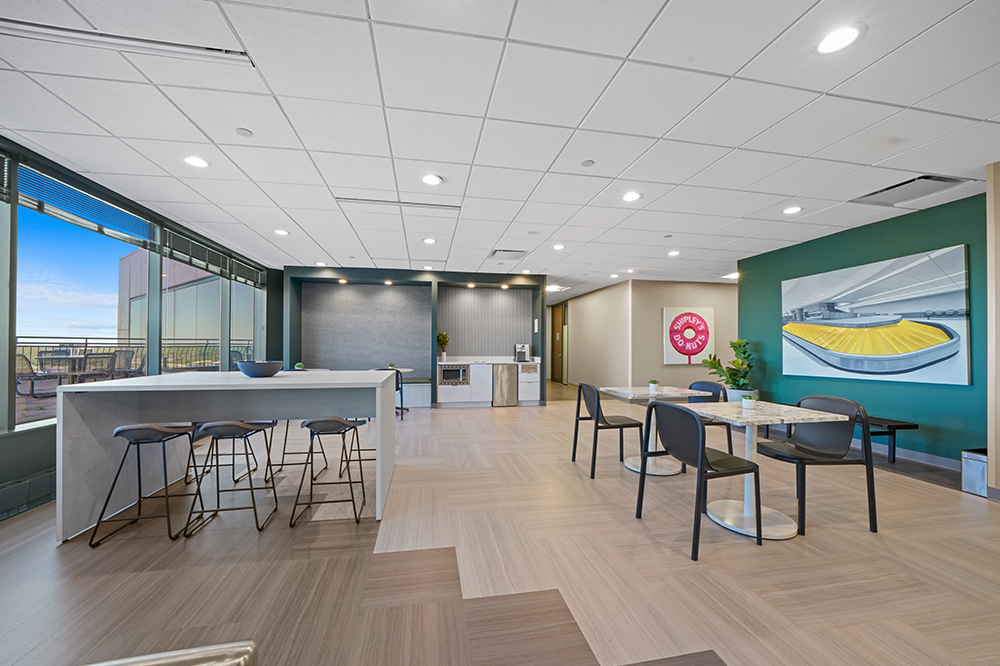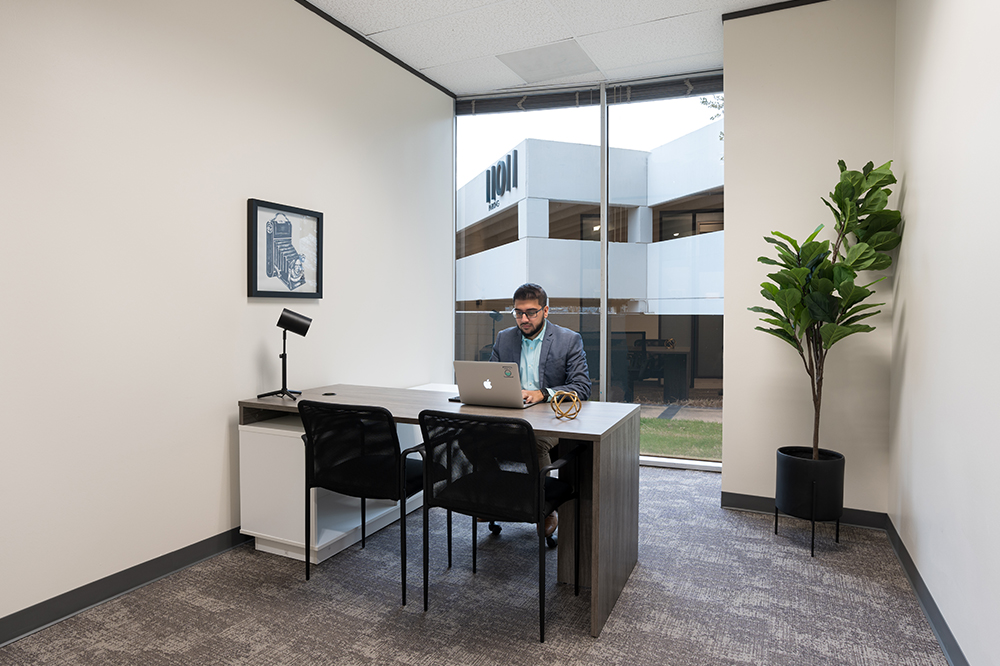Co-Working vs. Traditional Office: Which is Right for You?
When it comes to choosing a workspace, the debate between co-working and traditional office spaces has never been more relevant. With the evolution of modern work styles, it’s important to weigh the pros and cons of each option and consider how they align with your personal and professional goals. Let’s break down the key differences and benefits of each to help you decide!

What are Co-Working Spaces?
Co-working spaces are shared environments designed for individuals from diverse industries to work side by side. These spaces offer an energetic, flexible atmosphere where you can set up shop at a dedicated desk, a hot desk, or even a cozy corner with all the amenities you’d expect from a well-equipped office.
Co-working has surged in popularity, particularly among freelancers, remote workers, and startups, thanks to its dynamic approach to the modern workspace.
Benefits of Co-Working Spaces
- Flexibility: Options to rent by the day, week, or month mean no long-term commitments.
- Networking Opportunities: A diverse community of professionals provides opportunities to connect, collaborate, and grow your network.
- Amenities & Perks: Many co-working spaces come with high-speed Wi-Fi, meeting rooms, free coffee, and even wellness perks like yoga sessions.
- Cost-Effective: Co-working spaces can be more affordable than renting a private office, especially for growing teams or solopreneurs.
- Creative Energy: The dynamic environment can spark inspiration and innovation in your work.
However, while vibrant and flexible, co-working spaces may not always provide the level of privacy or stability that some professionals or businesses require.
What are Traditional Offices?
A traditional office is a dedicated space that belongs solely to a single person, team, or organization. These spaces are often rented or owned under long-term leases and are designed to meet a company’s specific needs for privacy, structure, and focus. Traditional offices have been the standard for decades and continue to remain a preferred choice for businesses with larger teams or specific operational requirements.
Benefits of Traditional Offices
- Privacy: A closed-door space ensures confidential work and private meetings.
- Control Over the Environment: From layout to branding, you can customize the workspace to align with your company culture and operations.
- Stability: A consistent and predictable environment fosters focus and consistency in day-to-day tasks.
- Dedicated Spaces: Fully owned meeting rooms, storage facilities, and workspace areas ensure no interruptions or sharing challenges.
- Team Bonding: Having the whole team in one place can strengthen collaboration and company culture.
That said, traditional offices come with their own challenges, such as higher costs or long-term commitments.


Co-Working vs. Traditional Offices
Here’s a quick comparison to help you assess which workspace might be better for you:
| Aspect | Co-Working Spaces | Traditional Offices |
| Flexibility | Highly flexible with short-term rent options | Fixed lease agreements; less flexibility |
| Community | Great for networking, collaboration, and meeting new people | Exclusive, limited to your team |
| Cost | Cost-effective, especially for freelancers or small teams | Higher costs due to rent, utilities, and maintenance |
| Privacy | Limited privacy in open, shared environments | Complete privacy for confidential tasks |
| Customization | Minimal options to personalize | Full control over workspace design and branding |
| Amenities | Shared amenities (Wi-Fi, coffee, meeting rooms, etc.) | Custom amenities at additional cost |
| Best For | Freelancers, entrepreneurs, startups, and hybrid workers | Companies seeking stability, focus, and a dedicated team workspace |
You may also like: A Better Commute: Have a Smoother Journey to Work
Making the Right Choice
Ultimately, your choice will depend on your unique needs and the nature of your work. Here are a few factors to consider:
- Work Style: Do you thrive in lively environments, or do you prefer a quiet, structured setting?
- Level of Interaction Required: Are you someone who benefits from networking opportunities, or do you need minimal interruptions?
- Budget: Do you have the resources for a permanent office, or would a more cost-effective co-working option better suit your budget?
- Amenities: What specific amenities are non-negotiable for your job (e.g., private rooms, high-speed internet, coffee)?
- Long-Term Goals: How do your workspace needs align with your professional or business growth plans?
Both co-working spaces and traditional offices have their merits, and there’s no one-size-fits-all solution. Whether it’s coworking for its vibrant networking opportunities or a traditional office for its focused atmosphere, it’s about staying true to what makes you and your team perform at your peak.
Looking for a private office in order to get full control over workspace? Look no further than our traditional offices and embark on an exciting journey of success!
Keep reading:
About Boxer Property
Boxer Property is celebrating over 30 years as an innovative commercial real estate investment and management company. Boxer Property Management Corporation is a privately held firm based in Houston that manages, leases, and administers retail, medical, hospitality, and office properties with over 15 million square feet across more than 140 locations, nationwide. For more information, visit BoxerProperty.com


